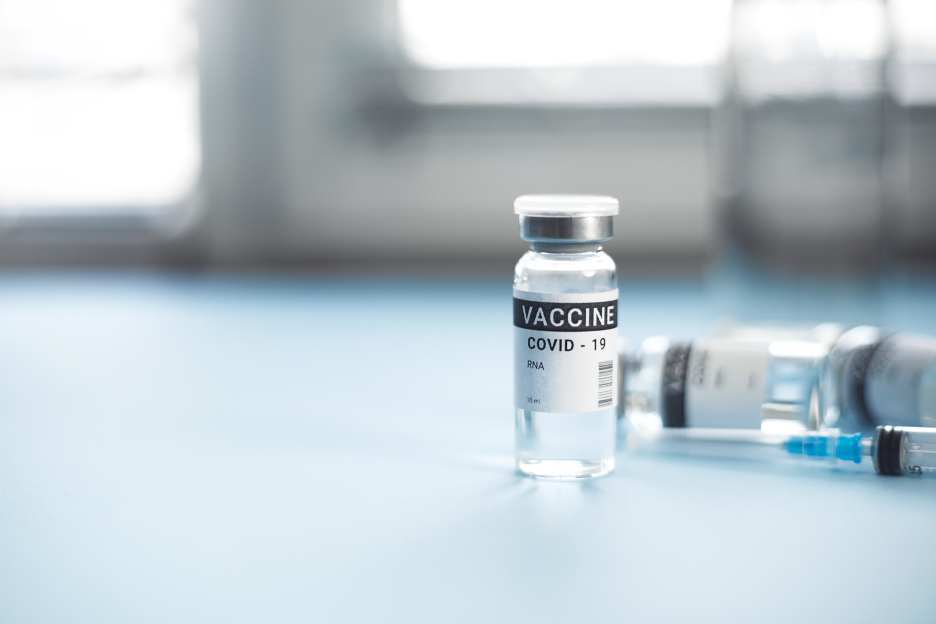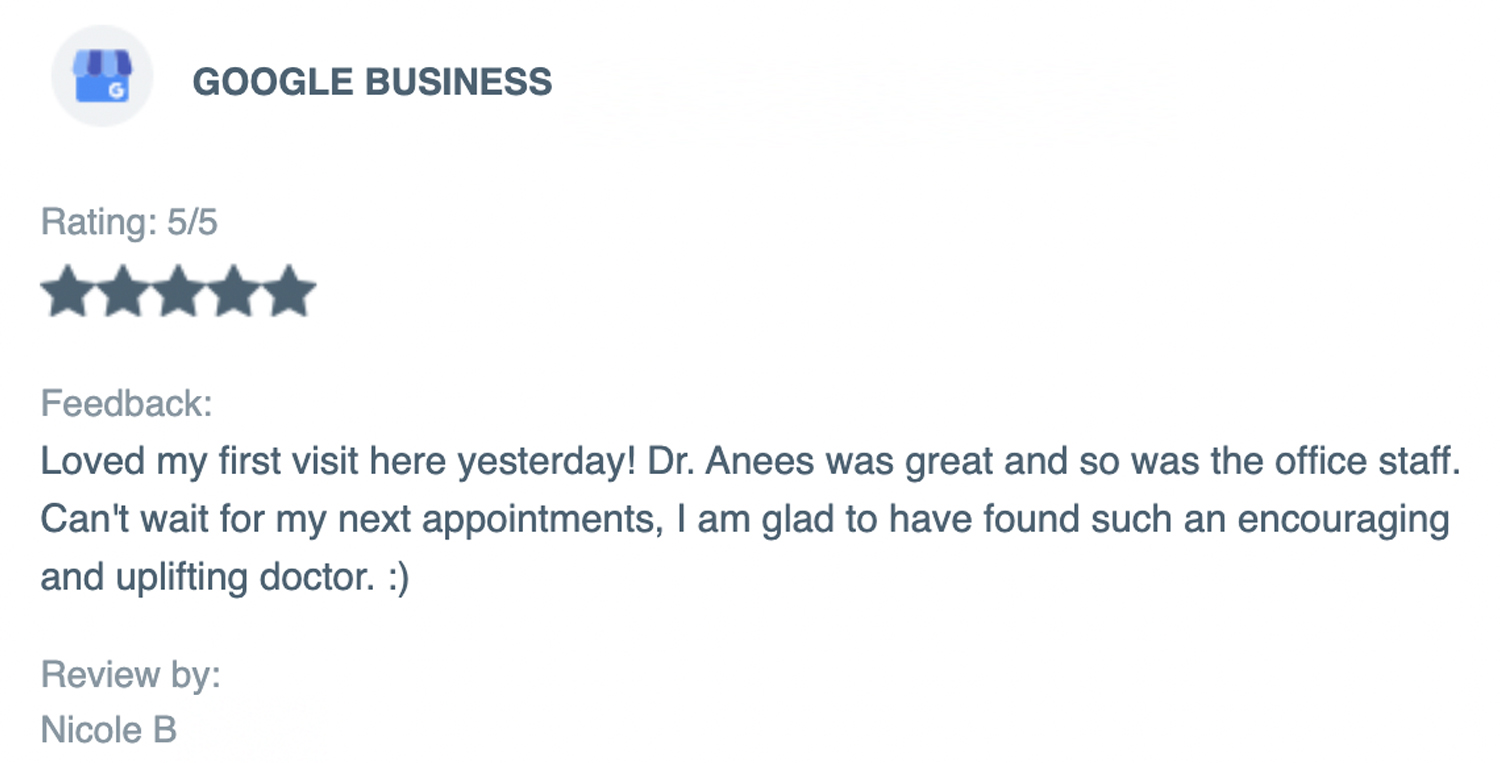The outbreak of the COVID-19 virus led to a worldwide search for an effective vaccine. With multiple vaccines now approved for public use, many people are asking whether those with allergies can safely receive the vaccine.
Below, this COVID vaccine clinic in Northwest Indiana explores if and how allergies may affect one’s ability to receive the vaccine, as well as what precautions allergic individuals should take when considering their options.
The information presented here is based on current research and expert opinions. Readers should always consult with their own healthcare provider before making any medical decisions.
Will the Vaccine Affect People with Allergies?
Generally, the answer is ‘no’. The vaccines developed for COVID-19 are not made from living organisms like viruses and bacteria, so people with allergies usually don’t have to worry about an allergic reaction.
However, some components of the COVID vaccination – such as polyethylene glycol (PEG), which helps make DNA and RNA stable – may cause an allergic reaction in people who are sensitive or allergic to PEG products. The good news is that these reactions appear to be rare, with very few reported cases out of millions of doses administered worldwide.
How Can Allergic Individuals Prepare?
If you have any known allergies, it’s best to talk to your doctor before visiting a COVID vaccine clinic in Northwest Indiana. Your doctor may be able to advise you on whether you should proceed with the vaccination, and they can suggest any precautions that should be taken.
For example, some individuals may benefit from a pretreatment regimen of antihistamines before receiving the vaccine. Additionally, those who are prone to anaphylaxis may want to plan accordingly by bringing along an epinephrine auto-injector for emergency use.
What Are the Ingredients of the COVID Vaccine?
The ingredients of the currently approved COVID-19 vaccines vary slightly from one to another. However, most contain polyethylene glycol (PEG), which is used as a stabilizer to help keep the vaccine viable for longer periods of time.
In addition, some may contain other allergens, including egg proteins, yeast proteins, and/or preservatives like thimerosal. Those with known allergies should make sure they are aware of all potential allergens before deciding whether to visit a COVID vaccine clinic in Northwest Indiana.
The COVID-19 vaccines work by triggering an immune response in the body to prepare it for a potential future encounter with the virus. This response produces antibodies, which are proteins that attach to and neutralize the virus if it is encountered later.
The COVID vaccination does not contain any live or inactive viruses, so individuals with allergies generally do not have to worry about having a reaction due to the vaccine itself.
What Are the Benefits of Getting Vaccinated?
There are several benefits of getting vaccinated against COVID-19. Not only will it help protect you from contracting the virus and its serious complications, but it will also reduce transmission rates within your community and help get us closer to achieving herd immunity.
By getting vaccinated and contributing to herd immunity, you will be protecting more vulnerable individuals in your community who cannot get vaccinated due to medical conditions or allergies.
Looking for a COVID Vaccine Clinic in Northwest Indiana?
If you are searching for a COVID vaccine clinic in Northwest Indiana, you’ve come to the right place. With extensive experience in providing quality healthcare services, 219 Health Network is here to handle any questions or concerns you may have about taking the vaccine while managing allergies.
Contact us today at 833-219-0001 to speak with one of our health experts.























































Recent Comments